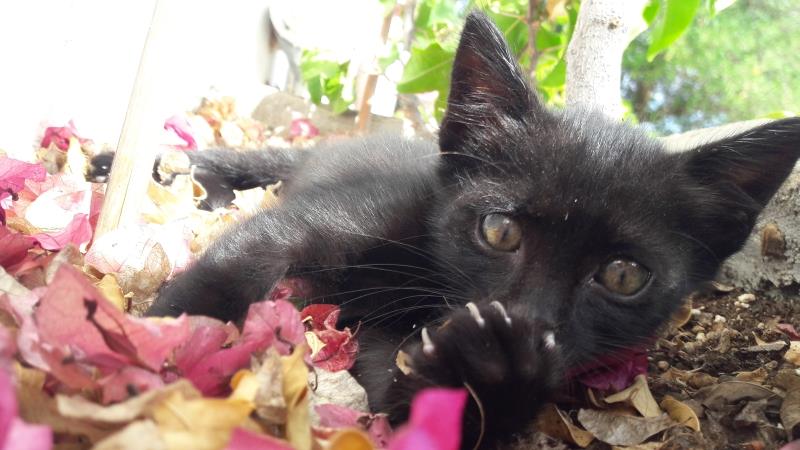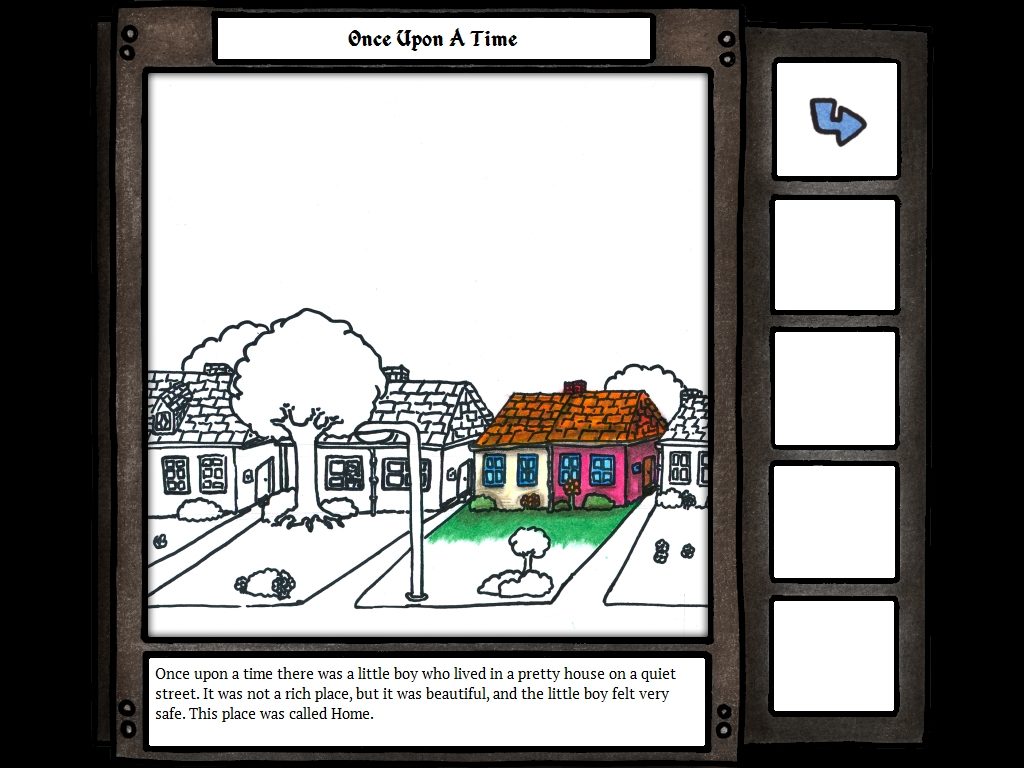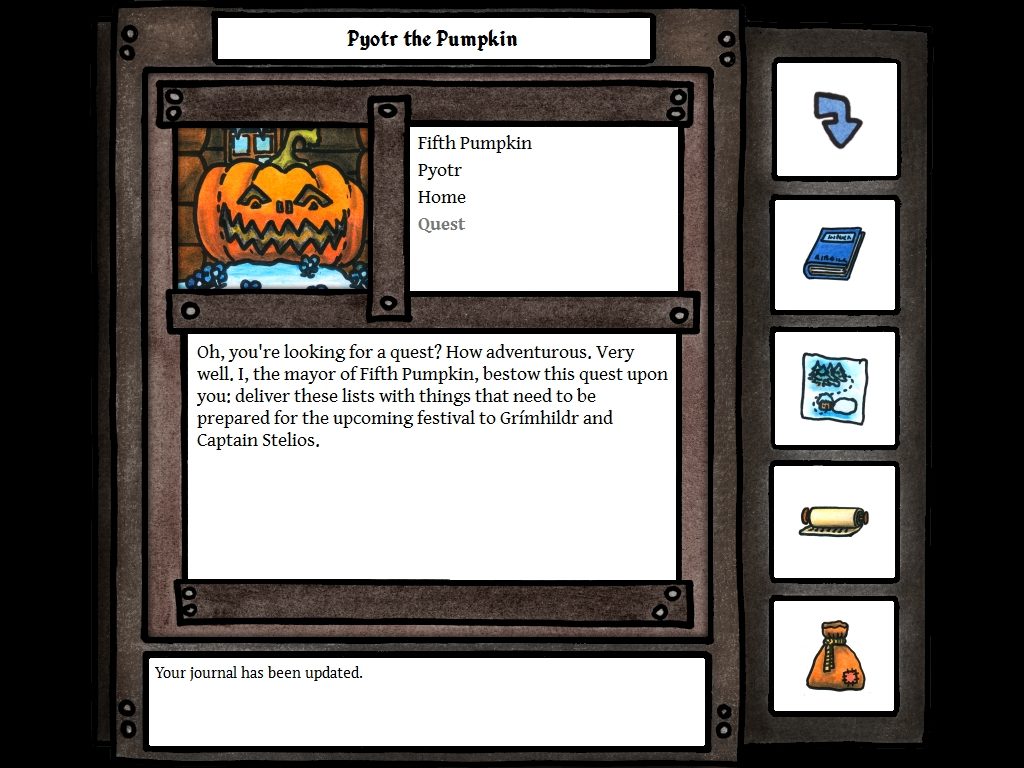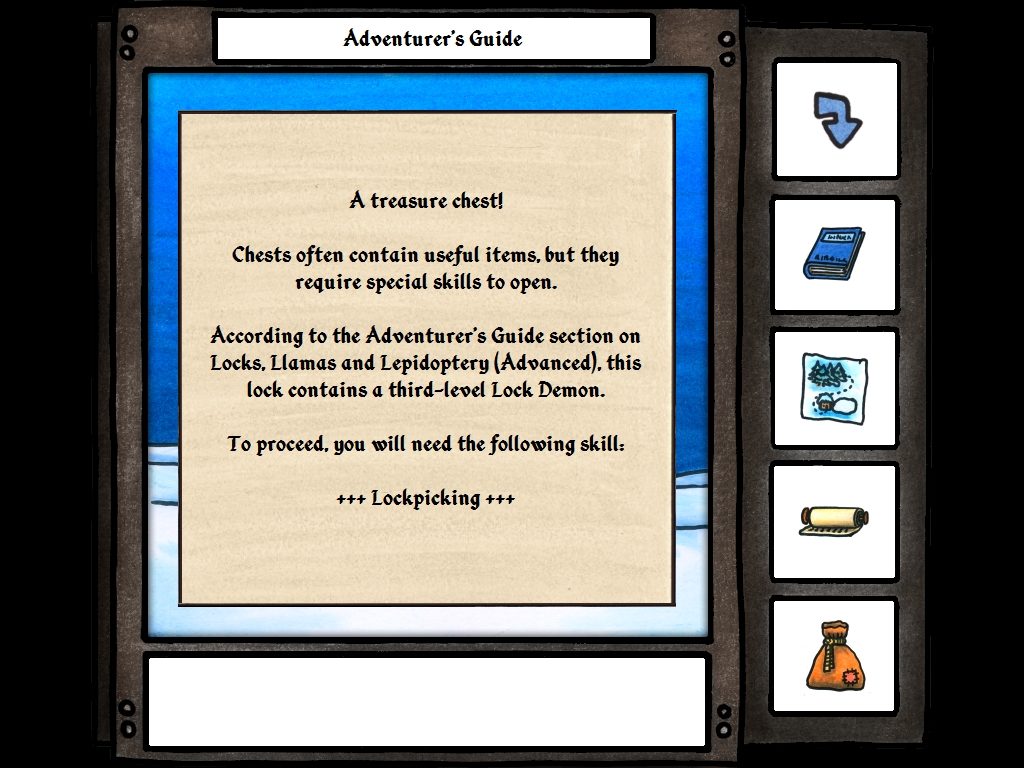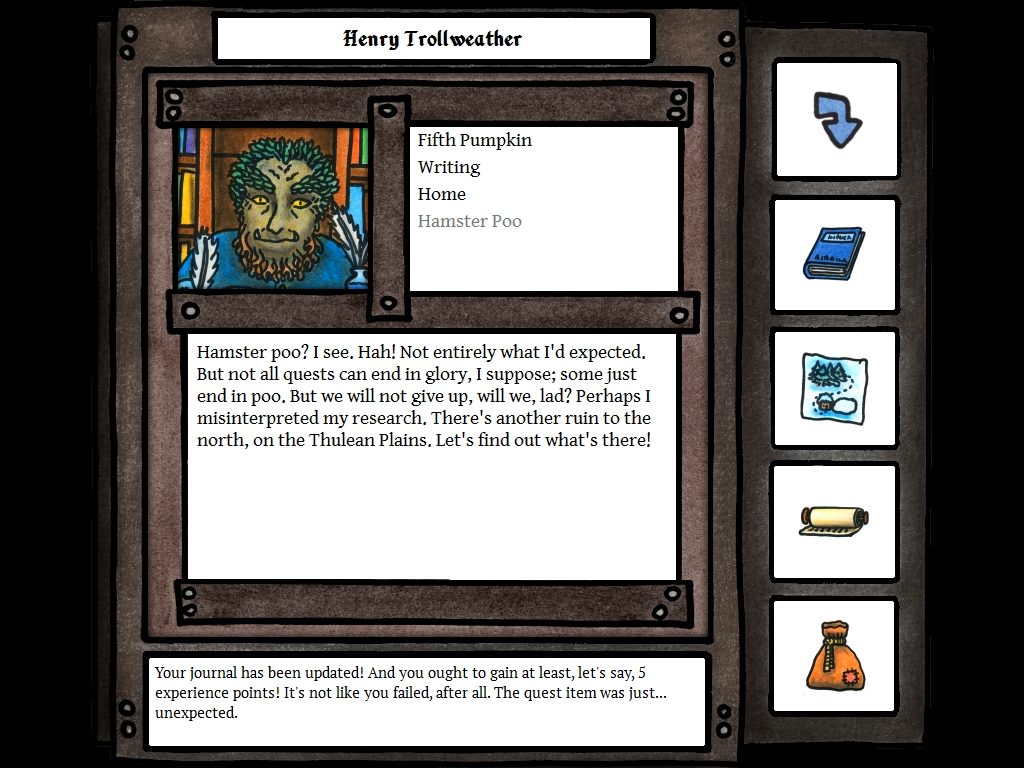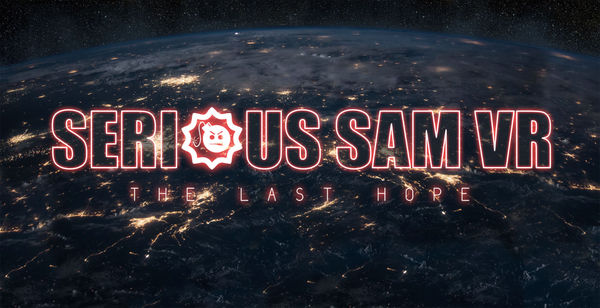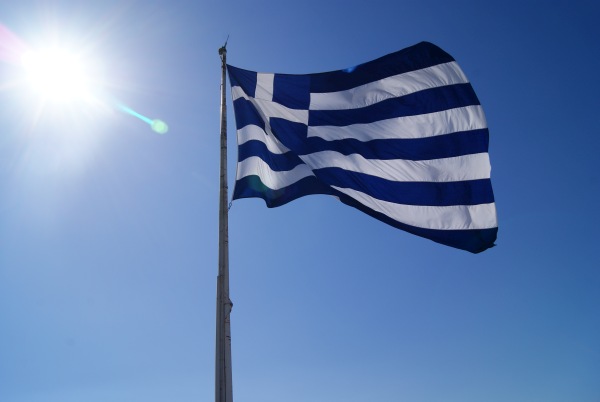In recent decades, there has been a growing tendency in the politics and philosophy of ecology that can only be described as anti-humanist. While this doesn’t constitute a coherent movement as such, there are several ideological assertions that crop up repeatedly across the entire spectrum of anti-humanist thought.
The anti-humanist argument tends to include the following ideas in one shape or another:
- Humans are uniquely destructive.
- The impact of human civilization on the environment is “unnatural.”
- Humans (both as a species and as individuals) bear a moral responsibility (or guilt) for their environmental impact.
- Any view that sees humans as exceptional due to their intelligence is hubristic.
In its most extreme forms – which are far more common that one would hope, particularly on the Left – this takes on the shape of “humans are a virus” and “the world would be better off without humans.”
Before I continue, I’d like to make perfectly clear that I take the scientific reality of anthropogenic climate change as a given. I’m not interested in questioning whether human civilization is having an impact on the environment of Earth; but I am interested in the historical, scientific and ethical context of this impact. Moreover, I think there is an unassailable case to be made for the idea that humanity is exceptional, precisely because only human beings are capable of making an ethical assessment of their environmental impact.
But let us begin with historical context. In fact, let us go back to the beginning of life on our planet: the origin of oxygen.
When we discuss anthropogenic climate change, we’re discussing changes in the chemical composition of the environments of the Earth (such as the atmosphere and the oceans) due to the activity of a species, and the impact of that activity on other species. We’re talking about terraforming. But terraforming the Earth is hardly a uniquely human activity.
One of the characteristics we associate most closely with the life-rich environment of modern Earth is its oxygen-rich atmosphere. But when life first developed on this planet, there was no free oxygen on Earth at all. That changed with the Great Oxygenation Event, approximately 2.3 billion years ago.
Oceanic cyanobacteria, having developed into multicellular forms more than 2.3 billion years ago (approximately 200 million years before the GOE), became the first microbes to produce oxygen by photosynthesis. Before the GOE, any free oxygen they produced was chemically captured by dissolved iron or organic matter. The GOE was the point when these oxygen sinks became saturated and could not capture all of the oxygen that was produced by cyanobacterial photosynthesis. After the GOE, the excess free oxygen started to accumulate in the atmosphere.
The increased production of oxygen set Earth’s original atmosphere off balance. Free oxygen is toxic to obligate anaerobic organisms, and the rising concentrations may have wiped out most of the Earth’s anaerobic inhabitants at the time. Cyanobacteria were therefore responsible for one of the most significant extinction events in Earth’s history.
(Wikipedia)
In other words: long before any humans evolved on this planet, cyanobacteria radically terraformed the Earth (triggering an ice age) and simultaneously caused an “ecocide” that utterly dwarfs the extinctions caused by human activity. This – although other examples of organisms spreading suddenly or developing features destructive to others are plentiful – by itself demolishes the first argument, of humanity’s unique destructiveness. In fact humanity is merely one of many species to outcompete others on a large scale, altering its environment and causing extinctions. This is not moral judgement; it is merely historical fact.
It is worth investigating the moral question, however. Given their actions, do we:
- hold cyanobacteria morally responsible for their impact?
- consider cyanobacteria to be “unnatural” because of this outsized impact?
The commonly-given answer to both of these questions appears to be “no.” Why?
In the case of the first question, the answer would appear to be that cyanobacteria are simply not moral agents. Lacking intelligence, they cannot have or be asked to have a code of ethics; they are incapable of morality or immorality. However, if cyanobacteria are held to be blameless, and humans are not, then there must be some significant difference in the moral nature of human beings and cyanobacteria. In fact, if we extend this to other species that have caused terraforming or extinction, and of all these find only humans to be morally responsible, then clearly human beings must somehow be extraordinary.
As for the second question, we must ask ourselves: what is unnatural? Is this term actually philosophically useful? The case of the Great Oxygenation Event illustrates the problem: if the impact of humans and cyanobacteria is in some way comparable, why is one natural, and the other unnatural? It cannot be their destructiveness, as they have that in common. It cannot be their changing of the environment, as they also have that in common. Are human beings not animals? Why would they exist outside of nature – in fact, how would it even be possible to exist outside of nature? Neither the building of colonies, nor the production of tools, nor the changing of the environment to fit one’s needs, nor an accidental impact on the environment, nor indeed the destruction of other species are unique to human beings. Either cyanobacteria are unnatural, or human beings are natural, or the term is useless.
Speaking of nature, where does the idea originate that the extinction of species is immoral? Anti-humanists will frequently deride human beings as not only a pest, a virus, a plague, but also as criminals; as murderers. But if we observe the history that preceded us – if we, that is, take a non-human-centric view of planetary history – then it becomes abundantly obvious that extinction is the order of the day. More species are extinct than live today, yet no other species are seen as particularly morally bankrupt for their participation in the continual holocaust that is the process of evolution.
Just as importantly, extinction events occur without any interference from living beings at all. In anti-humanist writing, reference is frequently made to humans upsetting a natural “balance.” 66 million years ago, the Cretaceous-Paleogene extinction event wiped out 75% of all species on Earth. Before that, 252 million years ago, the Permian-Triassic extinction event wiped out a stunning 90-96% of all species. (The latter may have partially involved microorganisms known as methanogens.)
How do we assess the morality of such events? If we assert the existence of some kind of natural order, or even the existence of some sort of controlling force (“Mother Nature”), then we must come to the conclusion that mass extinction and terraforming are, in fact, part of the plan. If we attempt to derive a code of ethics from pre-human natural history, that code cannot classify the actions of modern-day human beings as crimes. If such a force as “Mother Nature” truly existed, human beings would be perfectly in keeping with her previous methodology.
But what if we do, in fact, assert that the destruction of other species is not desirable? What if we express the concept that life, in its beauty and diversity, is valuable? As we have seen above, it is impossible to attribute such ethical concepts to Nature. There has never been a balance for humans to disrupt; the history of life is the history of constant disruption, extinction, destruction. Therefore we must acknowledge that the love of Life – not of individual life, but of the concept itself – is a wholly human trait. What distinguishes us from other species is not our destructiveness (which is very common) or our tendency to terraform (also very common), but our utterly unique ability to question and evaluate our impact on the biosphere.
It is important to acknowledge that human beings do occupy a different moral position than cyanobacteria. But that does not make humans transgressors against some imagined natural order. Humans are not setting out to cause destruction; we are, like so many species before us, setting out to live, to thrive. Like the cyanobacteria before us, we are very successful at it, and that’s having side effects. But what’s truly remarkable, what’s truly unique, is that we human beings can use our capacity to reason to observe material processes and seize control of them in order to change outcomes. We may not be unique if our ability to destroy, but we are unique in our ability to care.
The anti-humanist meme that “humanity is a virus” has little to offer us. Those who ahistorically and unscientifically suggest that humanity is a unique threat to the biosphere are perpetuating the same old myth of Original Sin that has so long been used to stifle the ingeniousness of Homo sapiens by those who profit from scarcity and fear.
There is a much better metaphor for what human intelligence could truly mean for this planet.
For billions of years, this planet has been ravaged by extinction events. From bolide impacts to supervolcanos to, yes, the effect of particularly successful species, the biosphere has been violently assaulted. Life on this little rock is under constant threat – by threats far worse than human beings. If you truly value Life, and are not merely lost in a haze of misanthropy, then you cannot simply shrug off these threats. If you truly value Life, then you must recognize that humanity’s capacity for reason does not represent a threat, but a possibility.
The dinosaurs didn’t have a space programme. Bacteria cannot tell what their chemical processes are doing to the atmosphere. No other species even has the concept of “protecting the environment.”
Humanity’s unique capacity for moral judgement on an abstract level, our equally unique productive capabilities, our insights into the origins of natural phenomena – all these signify that for the very first time in the history of the planet, there exists a species that can express belief in the value of Life and take meaningful action to protect Life.
We are not a virus.
We’re an immune system.
